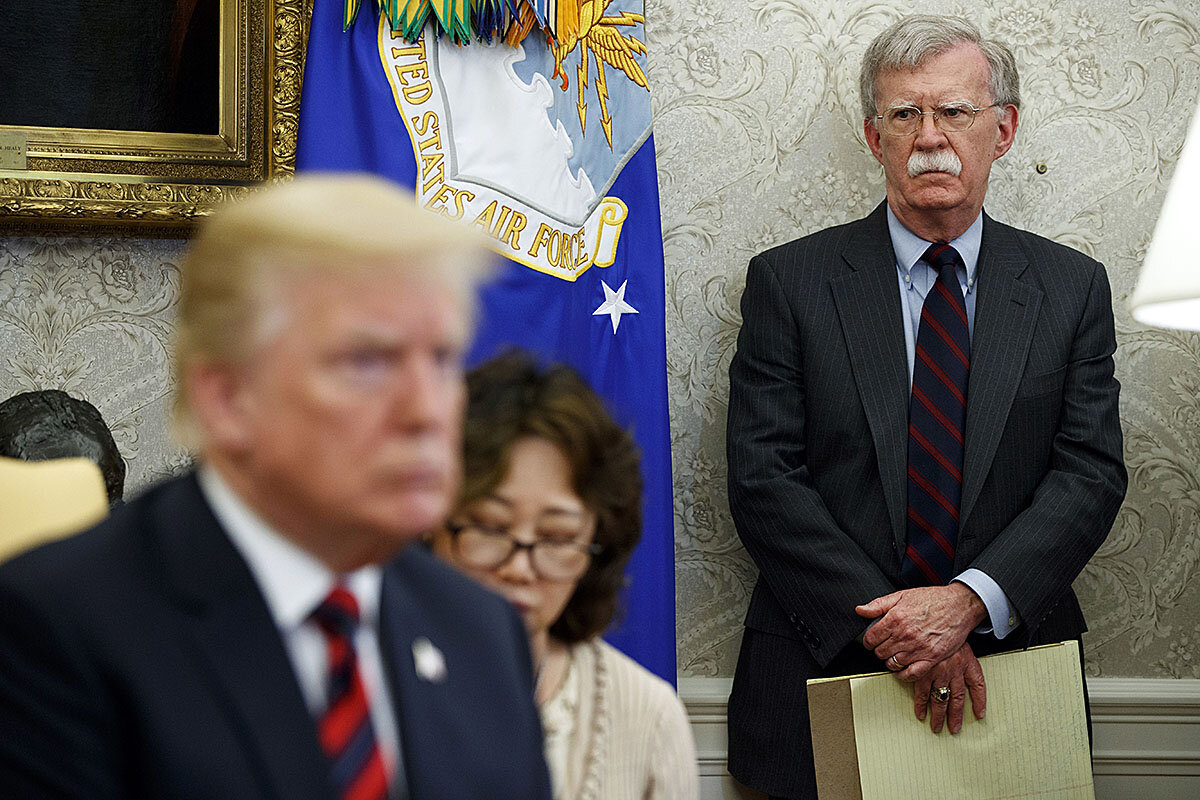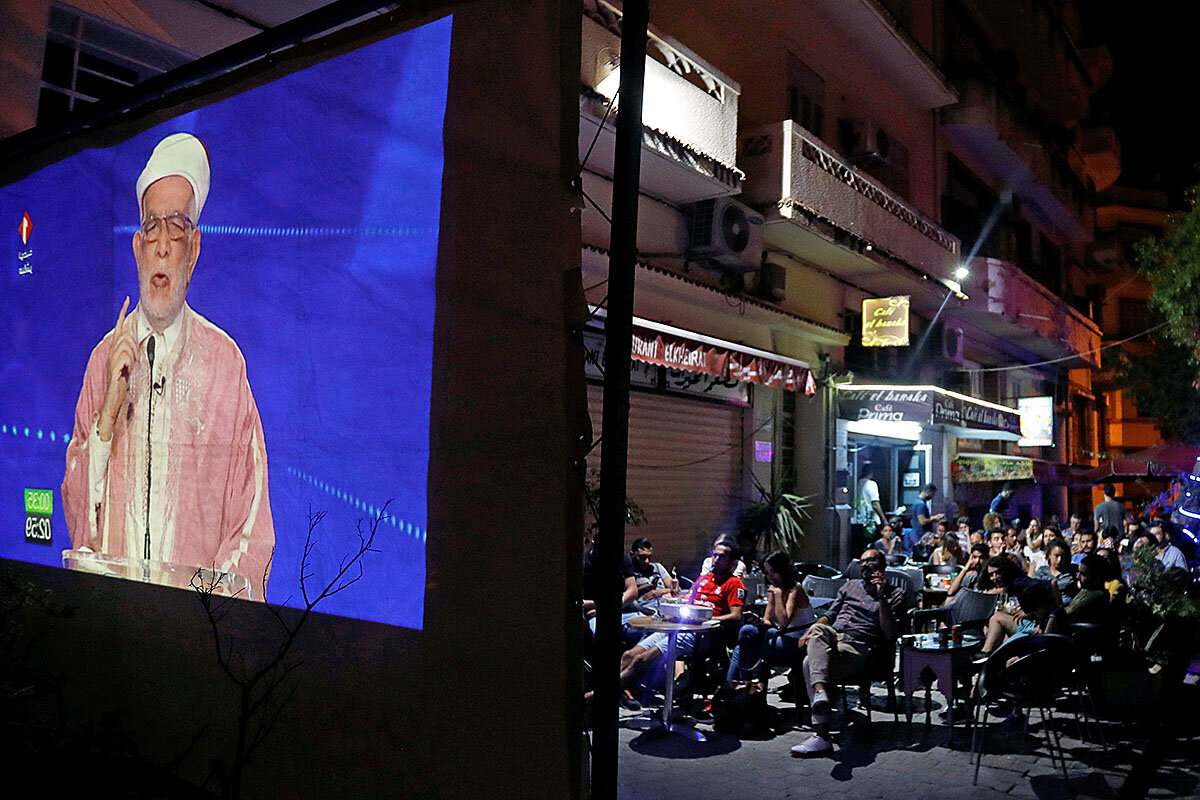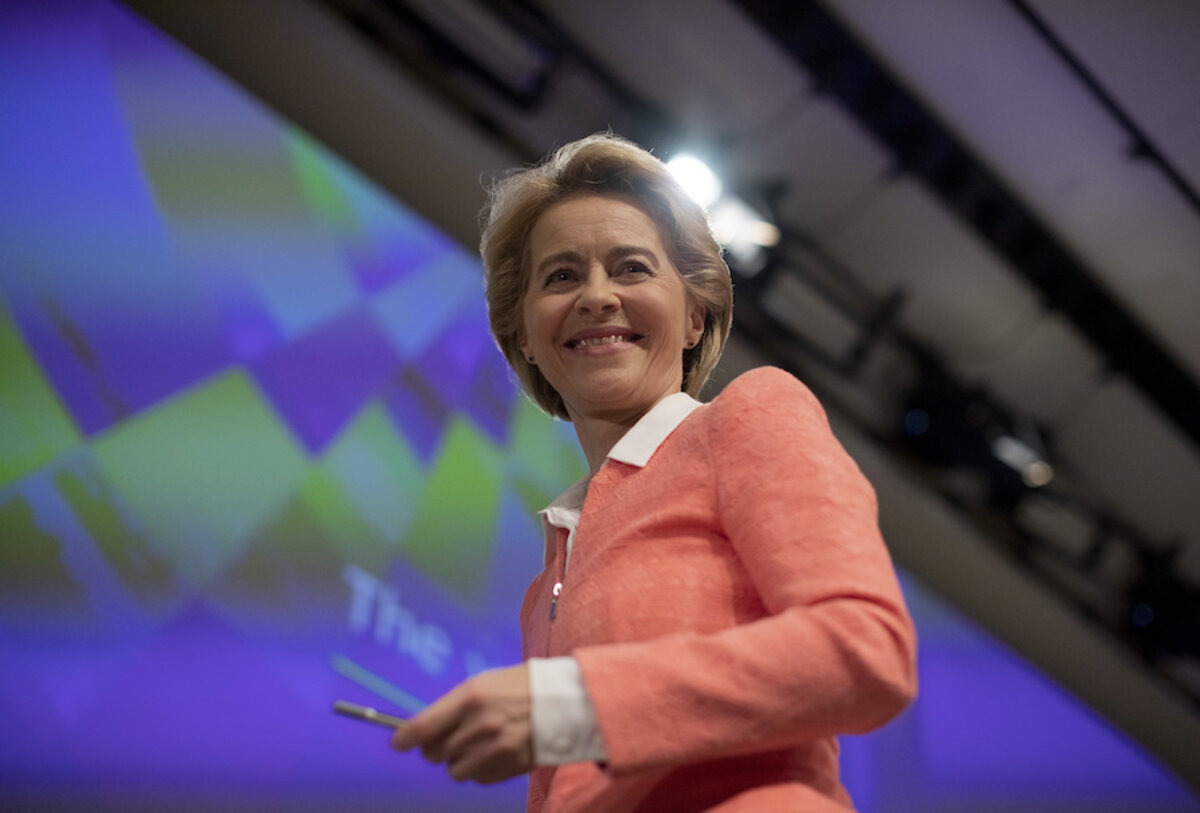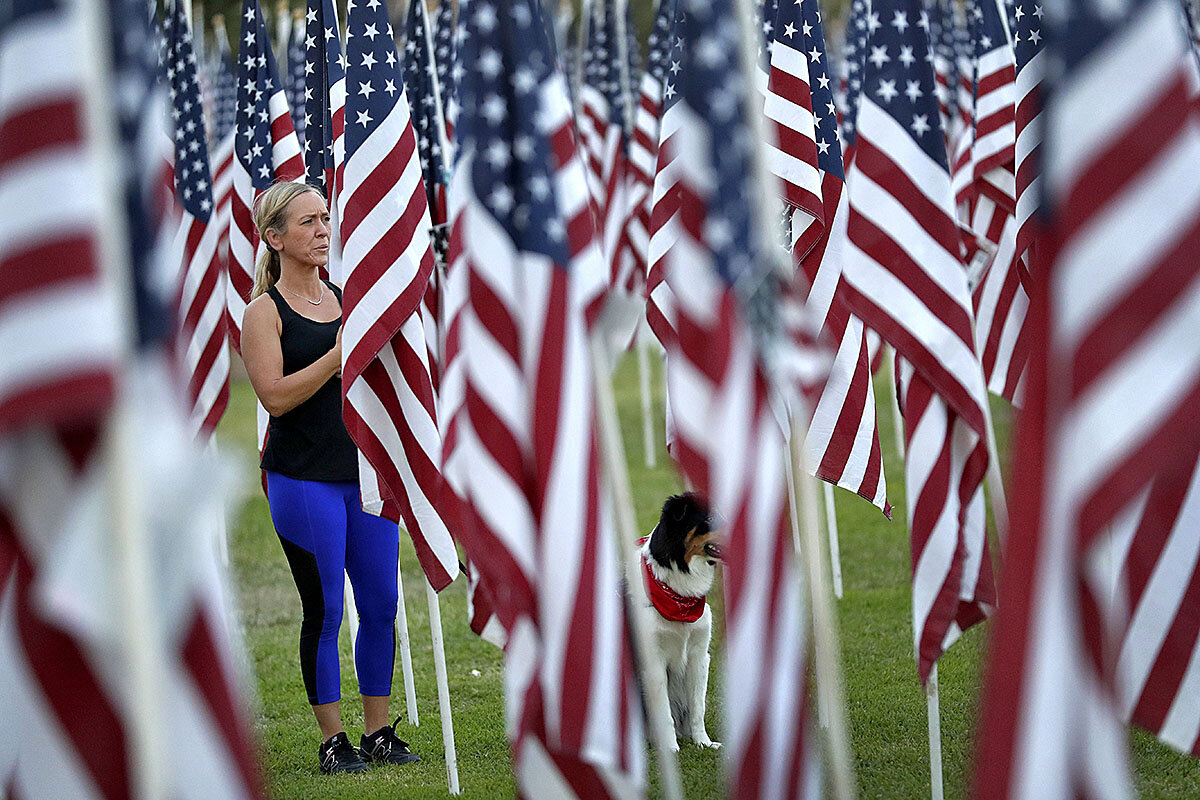Has the world been California-ized? Beyond Silicon Valley and Hollywood, the fifth-largest economy is also setting trends for environmental and other industry regulations.
Monitor Daily Podcast
- Follow us:
- Apple Podcasts
- Spotify
- RSS Feed
- Download
 Eva Botkin-Kowacki
Eva Botkin-Kowacki
Today’s stories explore California’s role as national trendsetter, John Bolton’s departure, efforts to eradicate hate, the first televised political debate in a young democracy, and one reporter’s journey into a new language.
But first, in the wake of the 9/11 terrorist attacks, xenophobia – particularly Islamophobia – rose. Some Americans have sought to counter that divisiveness and fear with unity and compassion.
“We owe more than division and discord to those who perished from the attacks and those who served in its aftermath,” said Jay Winuk, whose brother Glenn, a volunteer firefighter and EMT, died in the attacks on the World Trade Center. Mr. Winuk co-founded “9/11 Day” an organization that promotes service and unity. “The anniversary of 9/11 should be a reminder to us all about our common humanity and the opportunity we have to help people and communities in need.”
At the very spot where a plane crashed into the Pentagon now stands a chapel where employees of all faiths can pray together. Manal Ezzat, a 9/11 survivor who was an engineer at the Pentagon and is Muslim, led the team that created that space. “We just wanted to make it a peaceful place that could help wipe away the tragedy,” she told The Washington Post.
An annual Unity Walk also draws people of different faiths together in Washington to commemorate 9/11.
“There are so many forces in American society, in human society actually, that simply tell us we were not intended to live together in peace or in harmony,” the archbishop of Washington, Wilton Gregory, said during the opening ceremony of the 14th annual Unity Walk. “This celebration is the anti-venom to that thinking – not only were we intended to walk together, we are intended to live together in harmony. We were intended to walk together into the future.”










